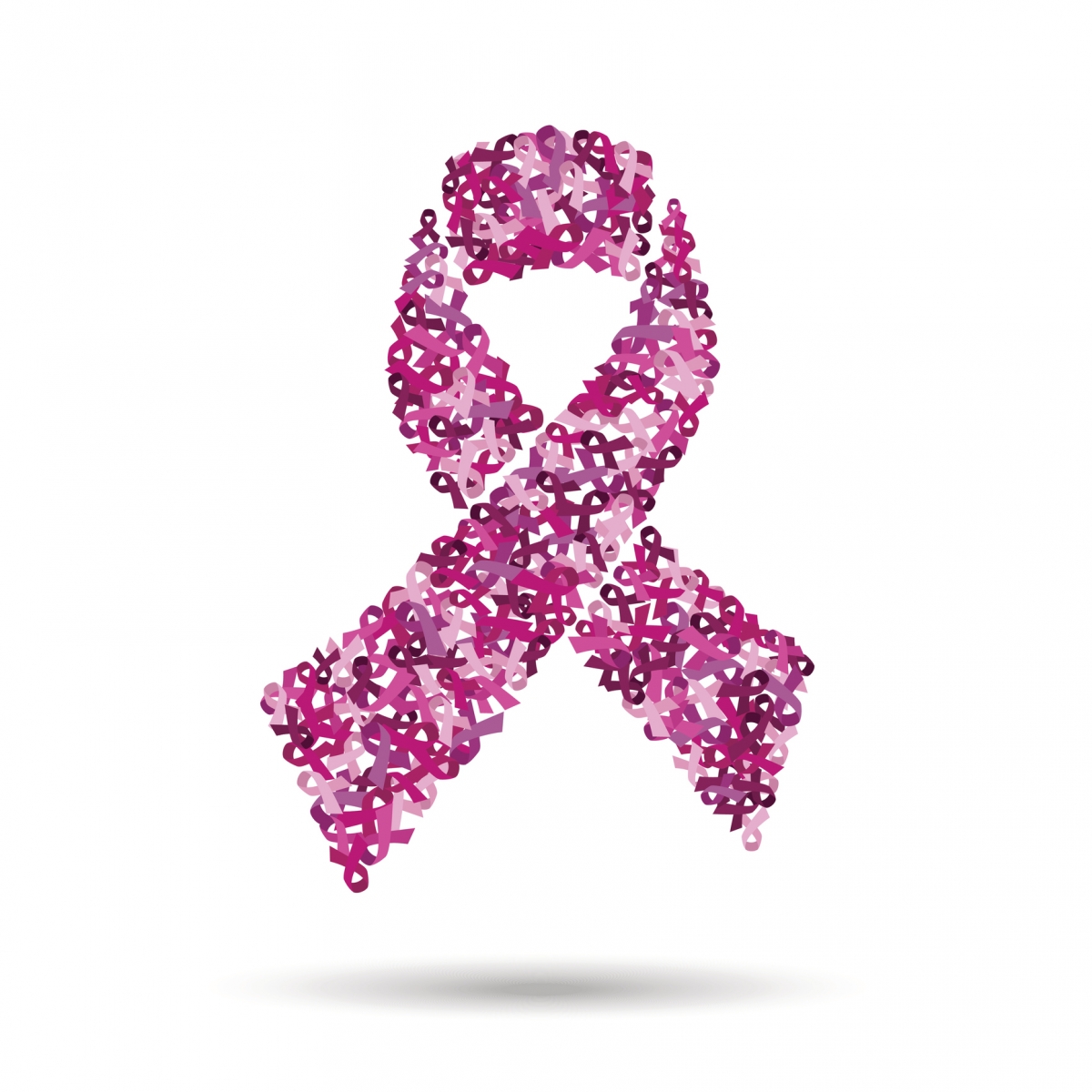Treatment for Breast Cancer
Apr 19, 2022
Breast cancer is usually treated with surgery to remove cancer. Many women with breast cancer can choose between 2 types of surgery –
Mastectomy is surgery to remove the breast completely.
Breast-conserving surgery (lumpectomy) removes cancer and part of healthy tissue around it. It is done in those who want to keep their breast, but it is followed by radiation therapy after surgery and radiation treatment for early stage breast cancer in Gurgaon. However, there is no difference in outcomes in both.
- Radiation therapy – If some cancer cells are left behind after surgery, they are then killed by radiation treatment for early stage breast cancer. Please write us at [email protected] to know about breast cancer radiotherapy cost in Gurgaon.
- Chemotherapy – not all cancer cells are removed by surgery alone, but some remain inside the body. These cancer cells are not detected by routine modalities of diagnosis and remain dormant inside. They can get reactivated and can result in disease coming back at a later stage. To kill these cells medicines called Chemotherapy are given after operation. Write us at [email protected] to know about chemotherapy cost in Gurgaon.

For this, we have state of art Day Care center along with a biosafety cabinet to prepare and give chemotherapy as per protocols. Sometimes chemo- medicines are given before operation if the cancer is very large to shrink cancer and make it easier to remove by surgery.
- Hormone therapy – 40% of breast cancer (ER/PR +) are hormone-sensitive. So specific hormonal treatments is given to block hormones produced in our body.
- Targeted therapy – Some medicines work only on cancers that have certain characteristics (Her 2 +). All patients are tested for this to see if they have a kind of cancer that would respond to a special kind of therapy.
Follow-up: – After cancer treatment, you will need to be followed up at regular intervals to see if cancer comes back. You should also watch for signs that could mean cancer has come back like new lumps in the breast area, pain (in the bones, chest, or stomach), breathing difficulty, and headaches.
How to reduce breast cancer risk
- Screening mammography (Xray) yearly for females with age >50 years. This will detect disease in a very early stage, which can be completely cured early.
- Monthly self breast examination and regular clinical breast examination by any health care provider should be done. If any lump is detected it is important to get it checked
- Lifestyle modification is required which will further reduce the risk of breast cancer:
Plan first birth before the age of 30.
Prolonged breastfeeding for at least 06 months.
Stop smoking and limit alcohol intake.
Healthy weight to be maintained.
Adopting a physically active lifestyle.








